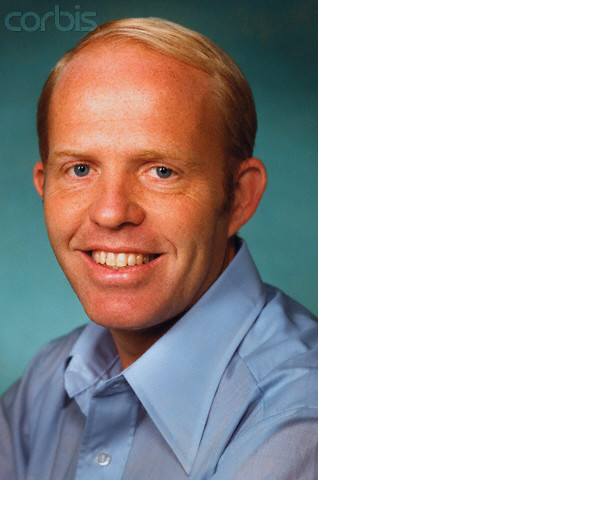Sign up for FlowVella
Sign up with FacebookAlready have an account? Sign in now
By registering you are agreeing to our
Terms of Service
Loading Flow


Bakke V. California


Term: 1970-1979-1977
Location: University of California Medical School at Davis
Facts of the Case :
Allan Bakke, a thirty-five-year-old white man, had twice applied for admission to the University of California Medical School at Davis He was rejected both times
The school reserved sixteen places in each entering class of one hundred for "qualified"minorities, as part of the university's affirmative action program in an effort to redress longstanding unfair minority exclusions from the medical profession
Bakke's qualifications college GPA and test scores exceeded those of any of the minority students admitted in the two years Bakke's applications were rejected
Bakke contended first in the California courts then in the Supreme Court, because he was excluded from admission based on his race
The case
The issue of reverse discrimination
More Americans came to believe that affirmation was no longer necessary and that instead of "leveling the play-field "for minorities it unfairly punished whites
whites in several states have recently faced legal battles waged by whites claiming they were unfairly treated in favor of protecting and promoting blacks and Hispanics
One of the questions that was asked during this trail was did the University of California violate the Fourteenth Amendment's equal protection clause, and the Civil Rights Act of 1964, by practicing an affirmative action policy that resulted in the repeated rejection of Bakke's application for admission to its medical school?
Five people voted for Bakke and four people voted against him Four of the justices contended that any racial quota system was supported by government violated the Civil Rights Act of 1964. Justice Lewis F. Powell, Jr., agreed casting the deciding vote ordering the medical school to admit Bakke. However, in his opinion, Powell argued that the rigid use of racial quotas as employed at the school violated the equal protection clause of the Fourteenth Amendment.
The remaining four justices held that the use of race as a criterion in admissions decisions in higher education was constitutionally permissible. Powell joined that opinion as well, contending that the use of race was permissible as one of several admission criteria.